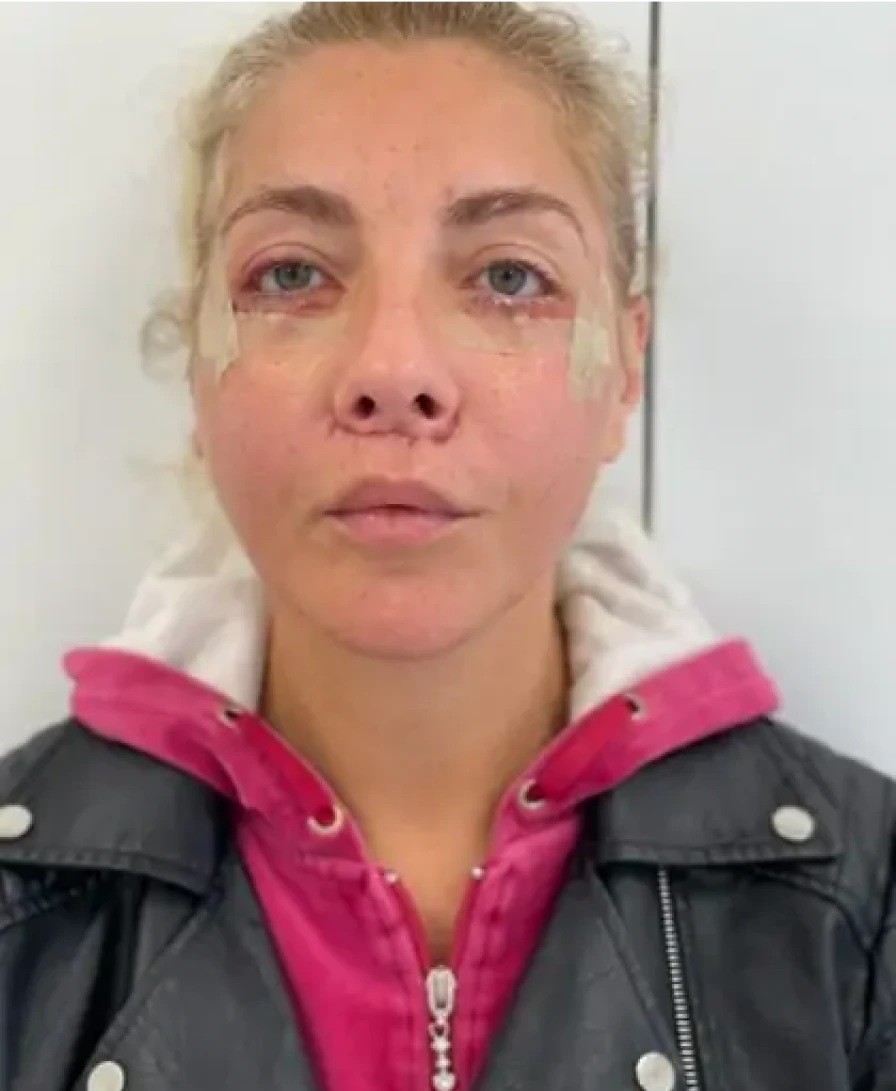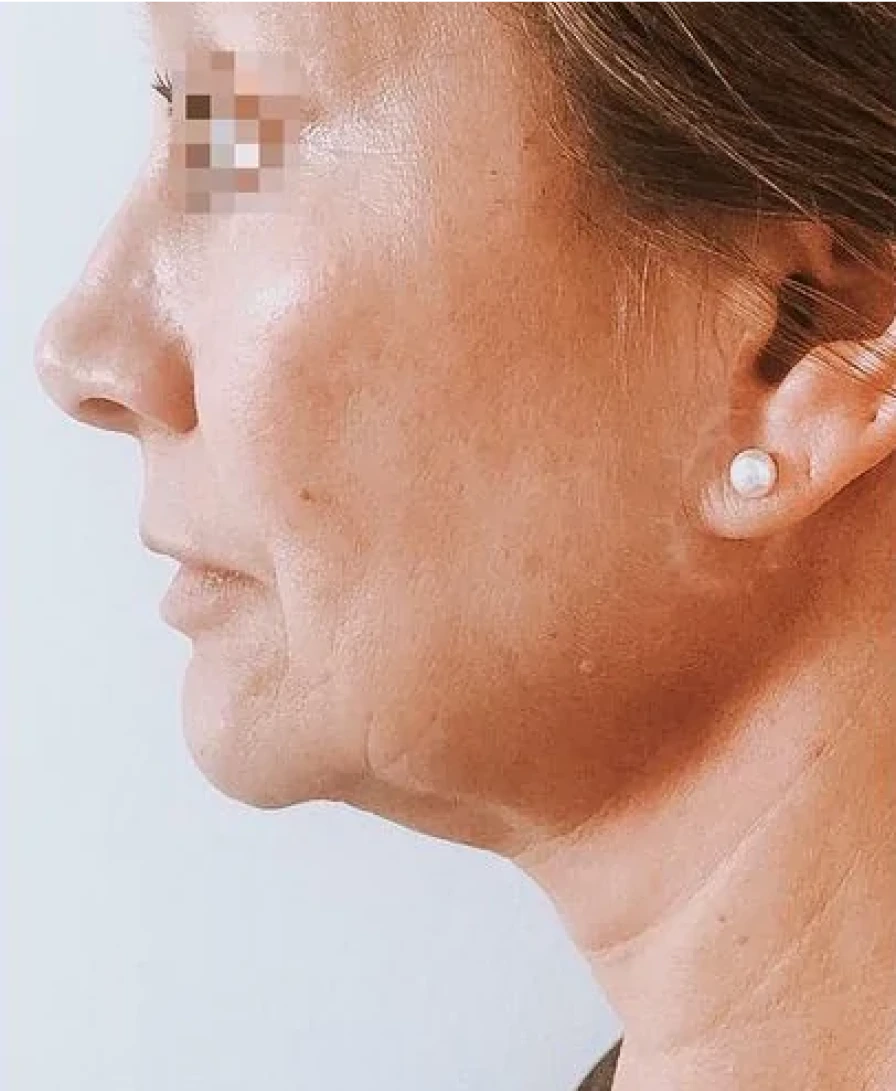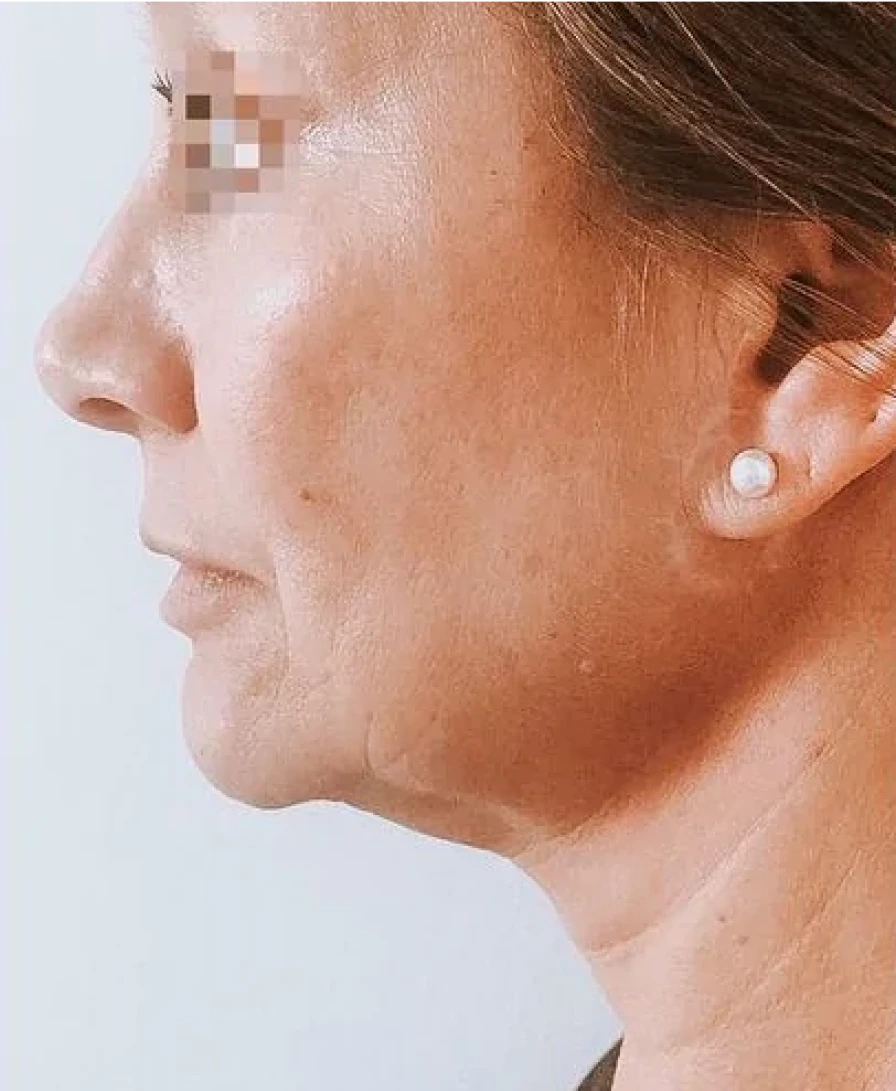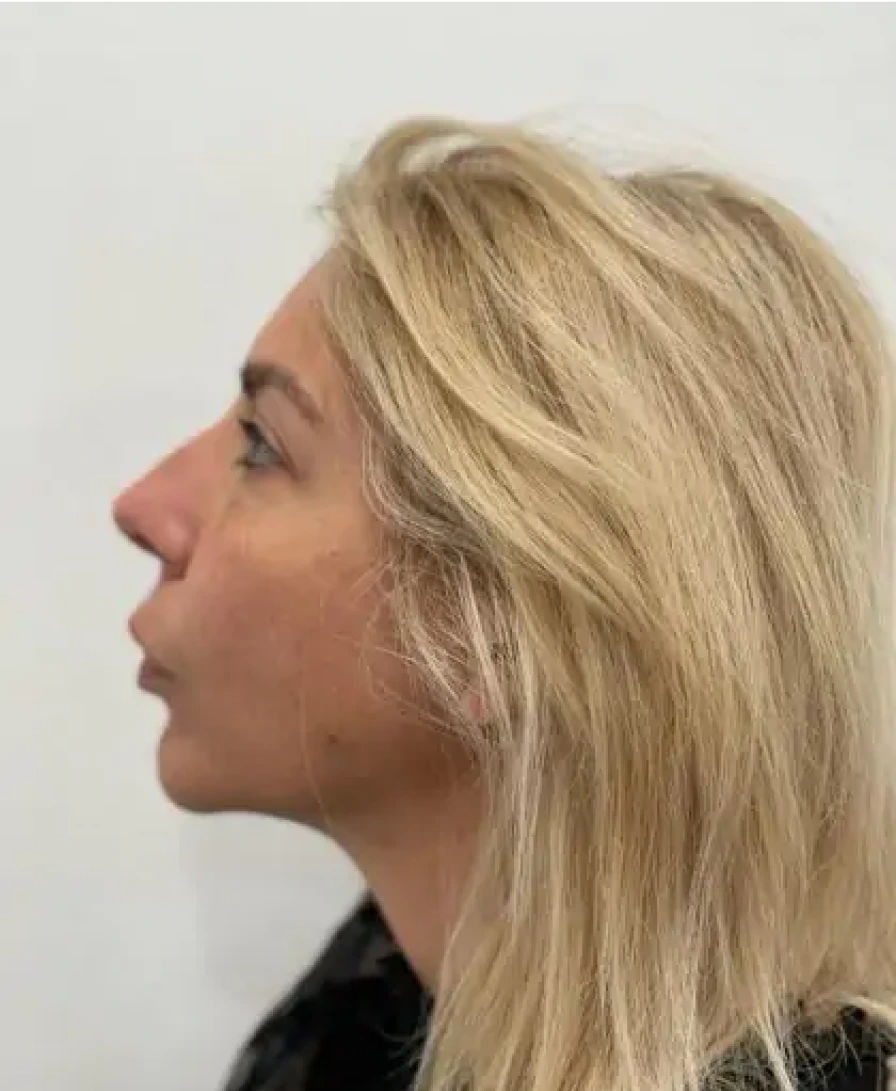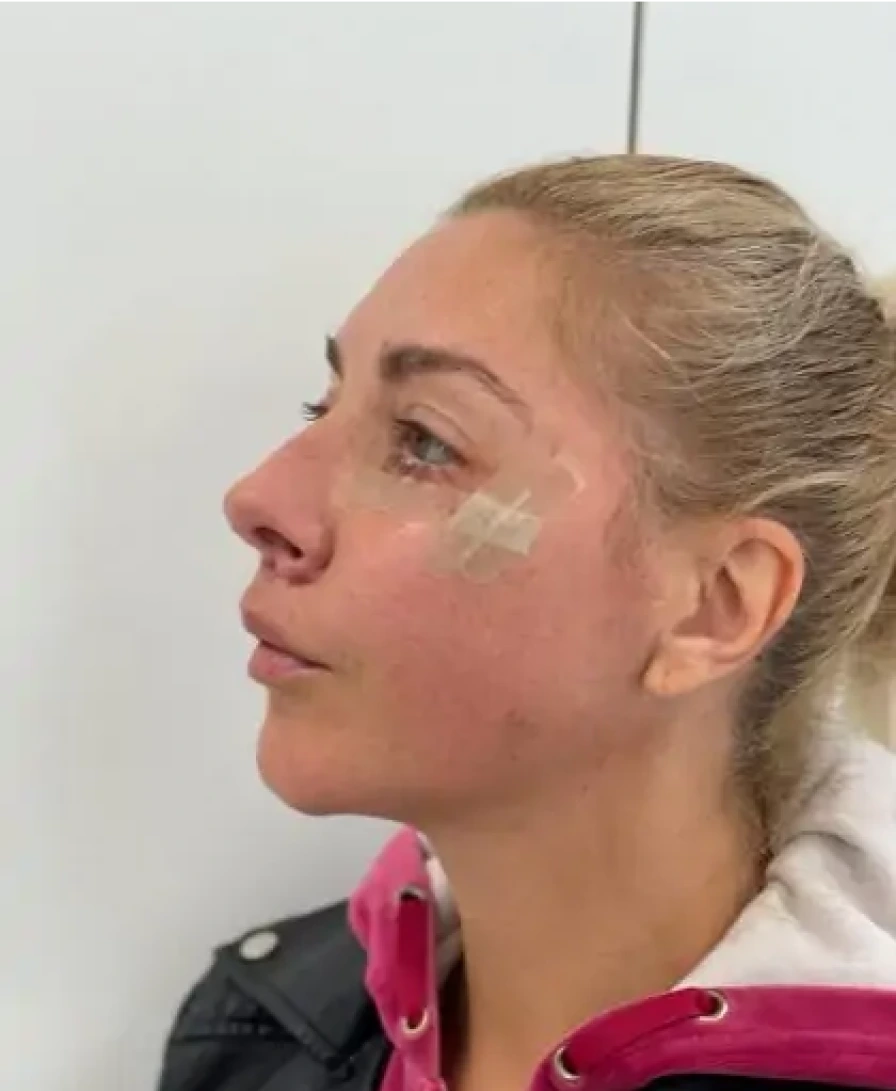By Mustafa Ahmed, MD
Getting cosmetic surgery is a big decision for many reasons, but one that many people don’t consider is how long it will take to recover. The difficulty of recovering from cosmetic surgery depends on the procedure you get.
If you decide to get cosmetic surgery at Las Vegas Body Sculpting and Aesthetic, we recommend that you do everything in your power to make recovery a little bit easier. One way to help do this is by maintaining a good diet. We’re here to explain how diet can help you recover and the importance of the presence of certain nutrients in your diet.
How Nutrients Promote Healing
The nutrients in food are key to maintaining a healthy recovery. There are some nutrients that you should pay particular attention to, and make sure you get enough of them in your diet.
Protein
Protein isn’t just for muscle building: it’s for maintaining organs, tissues, collagen, and healthy skin. Adequate protein intake is important to make sure your body can create scar tissue and new blood cells.
Antioxidants
Antioxidants fight free radicals in your body and are present in many types of food. Free radicals, in simple terms, are unstable atoms that are naturally created by the body and exist in the environment. Too many of these free radicals can cause harm to your body. Antioxidants help keep your body in balance. The stress from surgery can cause free radicals to accumulate.
Notable antioxidants include vitamin C, vitamin E, and flavonoids. Make sure to get enough of these in your diet to prevent the accumulation of free radicals.
The Best Foods To Eat To Heal From Cosmetic Surgery
Probiotic foods
Foods like fermented dairy products, kombucha, kimchi, sauerkraut, and miso contain good bacteria that can support gastrointestinal health. Your doctor will likely prescribe an antibiotic to help fight off infection, but this doesn’t just kill bad bacteria: it kills good bacteria, too. Replace your good bacteria with probiotic foods.
Lean meats and fish
Lean meats and fish contain high levels of protein, which are paramount for proper recovery.
Citrus fruits
Oranges, limes, and lemons contain very high levels of vitamin C (ascorbic acid), which is an important antioxidant. Vitamin C also helps support the immune system, which could potentially help you fight off infections.
We advise that you stay away from grapefruit, particularly if you are taking certain types of medication. Although grapefruit is a healthy food on its own, it can interact with certain medications.
Nuts and seeds
Nuts and seeds not only contain protein, but they also contain healthy fats which can improve heart health.
Rich-colored fruits
Blueberries, cherries, blackberries, strawberries, raspberries, and pomegranates contain very high levels of antioxidants. Not only are they delicious, but they can help fight against the accumulation of free radicals.
The post What Are The Best Foods To Promote Healing After Cosmetic Surgery? appeared first on Ahmed, Mustafa (lvbodysculpting.com).



